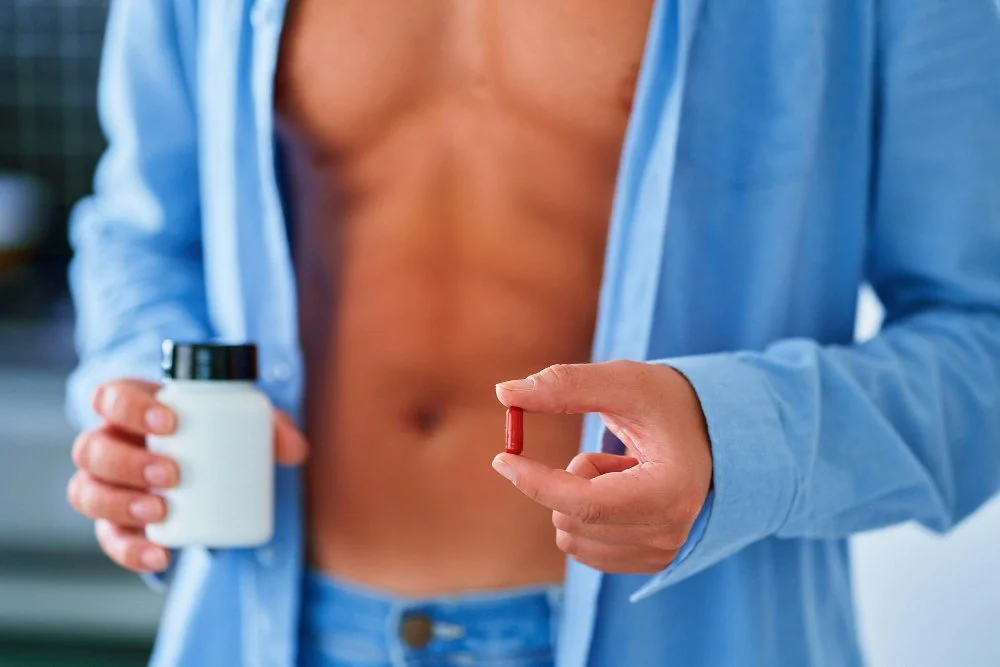
How to Get TRT for Low Testosterone and Improve Health Naturally
Low testosterone, also known as hypogonadism, is a condition in which the body produces insufficient levels of testosterone, the primary male sex hormone. Testosterone plays a critical role in muscle mass, bone density, mood regulation, energy levels, and sexual health. When testosterone levels drop, how to get trt may experience fatigue, reduced libido, depression, and decreased physical performance. Understanding the causes of low testosterone, which can include aging, chronic illness, stress, or lifestyle factors, is the first step in addressing the condition effectively.
Medical Evaluation for Low Testosterone
Before considering treatment, it is essential to undergo a comprehensive medical evaluation. A healthcare professional will assess symptoms, review medical history, and conduct blood tests to measure testosterone levels accurately. Testing is usually performed in the morning when testosterone levels are at their peak. Identifying underlying conditions such as diabetes, obesity, or thyroid disorders is crucial, as these can influence hormone levels and overall health. A thorough evaluation ensures that treatment decisions, including testosterone replacement therapy (TRT), are safe and appropriate.
Testosterone Replacement Therapy (TRT)
TRT is a medically supervised treatment designed to restore testosterone to normal levels. TRT can be administered through injections, transdermal patches, gels, or subcutaneous implants. The goal of therapy is to alleviate symptoms of low testosterone, improve physical performance, enhance mood, and support overall well-being. A healthcare professional monitors patients regularly to adjust dosages, assess response, and minimize potential side effects such as fluid retention, changes in red blood cell count, or prostate issues. TRT can provide significant benefits for men with clinically low testosterone levels, but it should always be guided by medical supervision.
Natural Approaches to Improve Testosterone Levels
In addition to TRT, lifestyle modifications can help support natural testosterone production. Nutrition plays a critical role in hormone health. Consuming a balanced diet rich in lean proteins, healthy fats, and micronutrients such as zinc, vitamin D, and magnesium supports testosterone synthesis. Foods like eggs, fatty fish, nuts, and leafy greens are beneficial for maintaining hormonal balance.
Regular physical activity, particularly resistance training and high-intensity interval training (HIIT), stimulates testosterone production. Strength training exercises such as squats, deadlifts, and bench presses are particularly effective. Maintaining an active lifestyle also helps manage body composition, reduce fat levels, and improve metabolic health, all of which influence hormone levels.
Adequate sleep is another key factor in supporting testosterone. Studies show that poor sleep patterns and insufficient rest can significantly reduce hormone production. Prioritizing 7–9 hours of quality sleep per night helps restore natural testosterone rhythms and enhances overall health.
Stress management is equally important. Chronic stress elevates cortisol, a hormone that can suppress testosterone production. Incorporating stress-reduction techniques such as meditation, yoga, deep breathing exercises, or mindfulness practices can help balance hormone levels and improve overall well-being.
Lifestyle Factors and Long-Term Health
Avoiding excessive alcohol consumption, quitting smoking, and limiting exposure to environmental toxins are additional strategies to support testosterone levels. Maintaining a healthy body weight through diet and exercise also contributes to hormone balance. Regular medical checkups ensure early detection and management of potential health issues that can impact testosterone, such as cardiovascular disease or metabolic disorders.
Conclusion
Low testosterone can affect multiple aspects of health and quality of life, but it is manageable with a combination of medical and lifestyle interventions. Testosterone replacement therapy, when prescribed and monitored by a healthcare professional, can restore hormone levels and alleviate symptoms. Complementing TRT with natural strategies such as proper nutrition, exercise, sleep, and stress management enhances overall health and supports long-term hormonal balance. By addressing both medical and lifestyle factors, men can optimize testosterone levels, improve energy, and enhance overall well-being.

